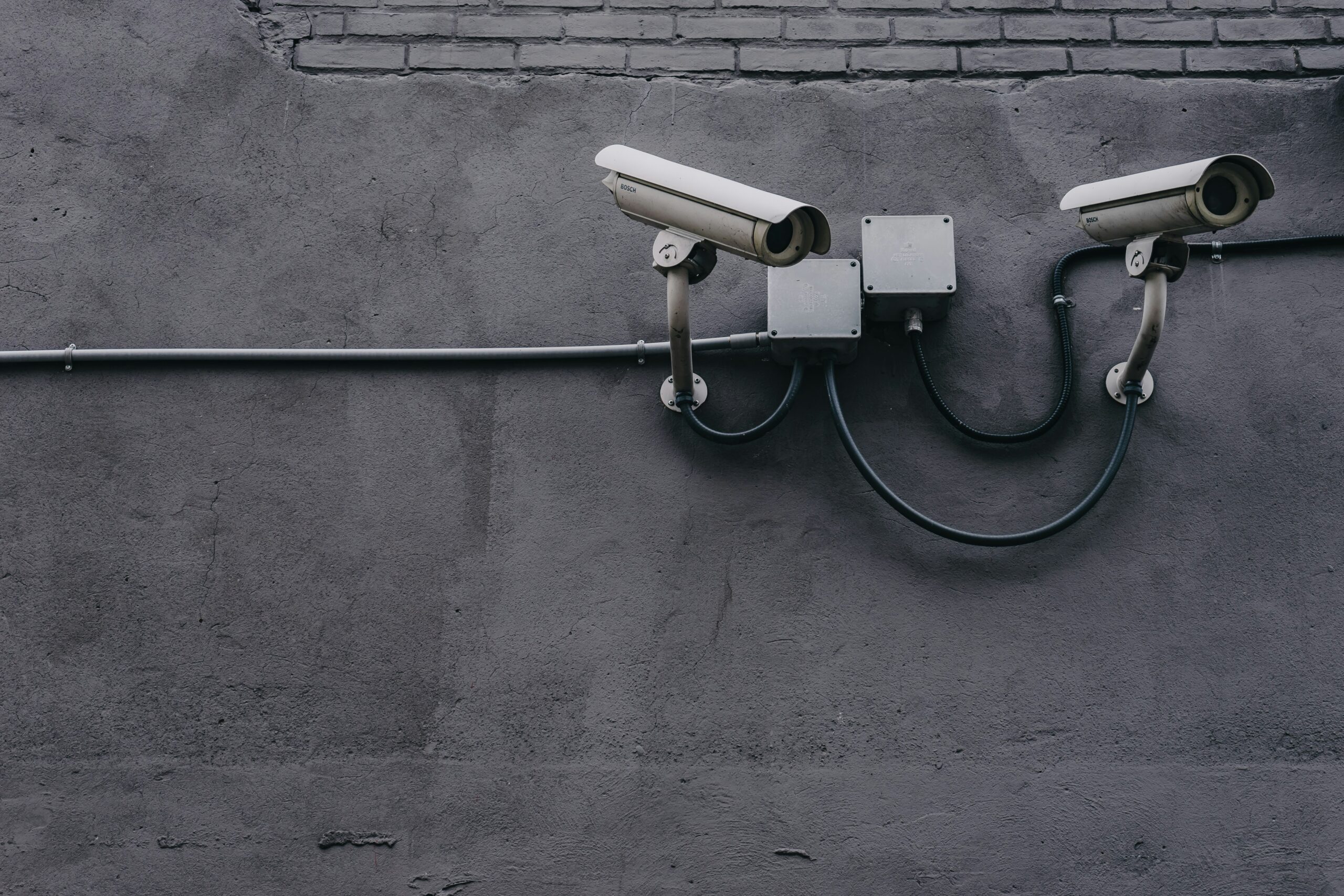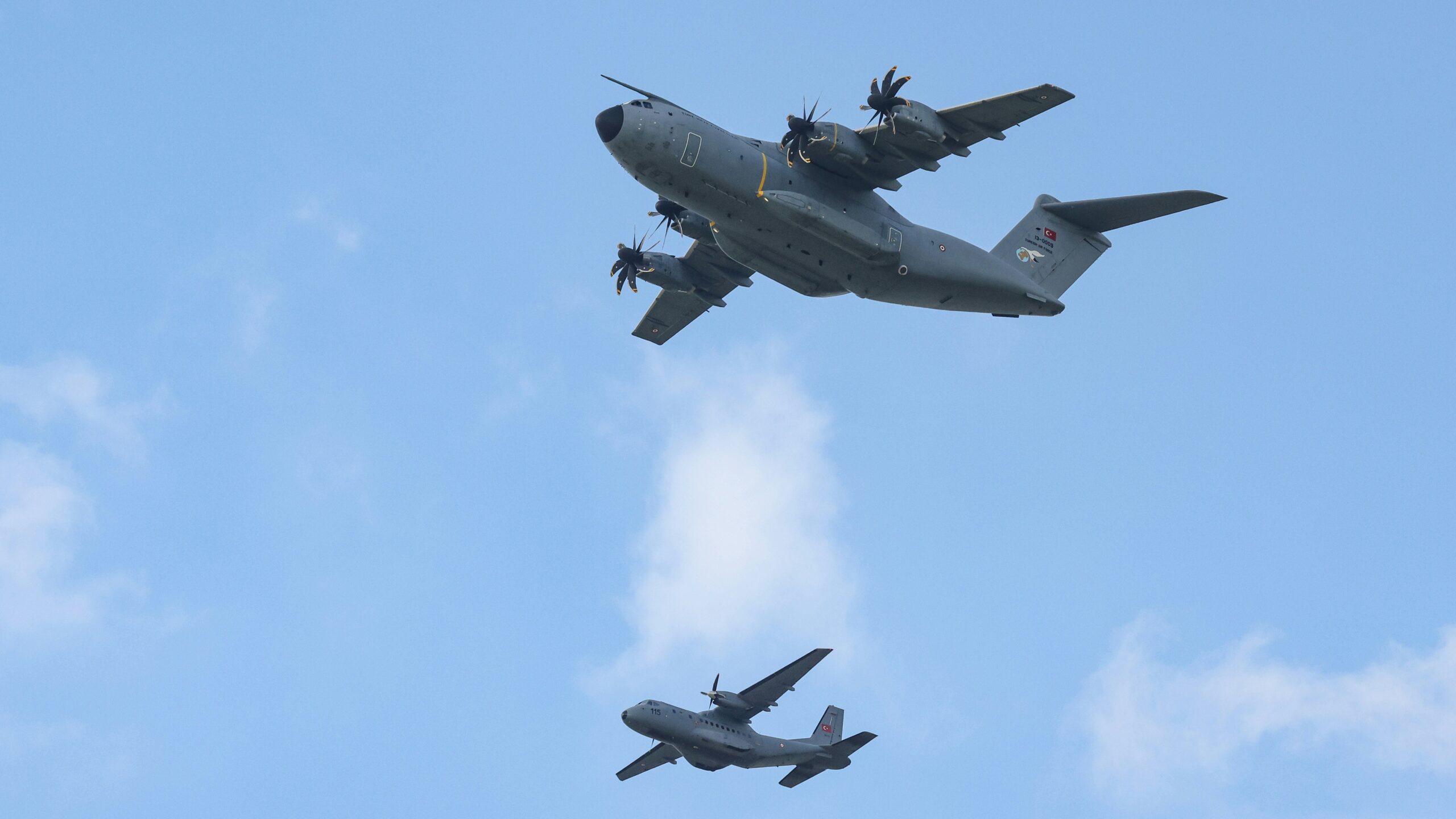Introduction
Recently, a report emerged suggesting that the United States Secret Service had been alerted to a potential plot to assassinate former President Donald Trump. This alarming news has drawn significant attention both domestically and internationally. The purported plot has been attributed to Iranian operatives, which has naturally led to heightened tensions and widespread concern. In response to these allegations, Iran has categorically denied any involvement in such a scheme. Iranian officials have dismissed the claims as baseless, emphasizing that there is no evidence to support the accusations.
This development holds considerable importance within the broader framework of US-Iran relations, which have been particularly strained in recent years. The relationship between the two nations has been marked by a series of confrontations and diplomatic disputes, particularly following the US withdrawal from the Joint Comprehensive Plan of Action (JCPOA) in 2018. Accusations of an assassination plot could further exacerbate these tensions, potentially impacting diplomatic efforts and regional stability.
As such, the situation warrants close scrutiny and a nuanced understanding of the underlying geopolitical dynamics. The alleged plot and the subsequent denial by Iran not only reflect the deep-seated mistrust between the US and Iran but also underscore the broader challenges in achieving a sustainable and peaceful resolution to their ongoing disputes. This incident, whether substantiated or not, serves as a stark reminder of the fragile nature of international relations and the ever-present risks of escalation.
Background on US-Iran Relations
The relationship between the United States and Iran has been complex and turbulent, marked by significant historical events that have shaped their interactions over decades. One of the pivotal moments in this relationship was the 1979 Iranian Revolution, during which the pro-Western Shah of Iran, Mohammad Reza Pahlavi, was overthrown and replaced by the Islamic Republic under Ayatollah Khomeini. This revolution dramatically altered the geopolitical landscape, leading to a shift in Iran’s alignment away from the West.
Following the revolution, the US-Iran relationship deteriorated further with the Iran Hostage Crisis, where 52 American diplomats and citizens were taken hostage for 444 days by Iranian militants. This crisis not only strained diplomatic ties but also left a lasting impact on American public perception of Iran. The subsequent decades saw continued friction, notably during the Iran-Iraq War from 1980 to 1988, where the US provided support to Iraq, further complicating relations.
In recent years, tensions have been primarily driven by concerns over Iran’s nuclear program. The international community, particularly the United States, has been wary of Iran’s potential to develop nuclear weapons. This led to the imposition of stringent economic sanctions aimed at curbing Iran’s nuclear ambitions. The 2015 Joint Comprehensive Plan of Action (JCPOA), commonly known as the Iran nuclear deal, marked a temporary thaw in relations as Iran agreed to limit its nuclear activities in exchange for sanctions relief. However, the US withdrawal from the JCPOA in 2018 under the Trump administration reignited hostilities, resulting in a resurgence of sanctions and escalating rhetoric.
These historical events have collectively shaped the contemporary dynamics between the US and Iran, characterized by mutual distrust and strategic maneuvering. The legacy of past confrontations continues to influence bilateral relations, with both nations often finding themselves at odds on various geopolitical issues. Understanding this historical context is crucial to comprehending the underlying factors driving the current state of affairs between the two countries.
Details of the Alleged Plot
The alleged plot to assassinate former President Donald Trump came to light through a Secret Service alert, raising significant concerns both domestically and internationally. According to initial reports, the plot was supposedly uncovered through a combination of intelligence gathering and digital surveillance, which identified communications suggesting a coordinated effort to target Trump. Specific details about the methods planned for the assassination have not been fully disclosed, but it is believed that the plot involved sophisticated tactics designed to bypass security measures.
Sources indicate that the individuals involved in the alleged scheme were part of a larger network with ties to foreign entities. Although their exact identities remain confidential due to ongoing investigations, it has been suggested that the operatives might have had support from Iranian factions. This theory stems from the geopolitical tensions between the United States and Iran, particularly following the assassination of Iranian General Qasem Soleimani in early 2020.
The Secret Service, tasked with protecting former presidents among other duties, reportedly acted swiftly upon receiving credible intelligence. This included heightened security measures around Trump and coordination with other federal agencies to mitigate any immediate threats. In addition to the Secret Service’s internal reports, several media outlets have cited anonymous government officials who corroborated the existence of the threat, though specifics such as the exact timeline and locations involved remain under wraps.
Despite the gravity of the allegations, Iranian officials have categorically denied any involvement in plotting an assassination. They have dismissed the claims as unfounded and politically motivated, aimed at further straining relations between the two nations. As investigations continue, both the Secret Service and other intelligence agencies are working to piece together the full extent of the plot, ensuring all angles are explored to prevent any potential harm.
Iran’s Official Response
Iran has officially denied any involvement in an alleged plot to assassinate former U.S. President Donald Trump. In a statement released by the Iranian Foreign Ministry, spokesperson Saeed Khatibzadeh categorically rejected the allegations, labelling them as baseless and part of a broader campaign of misinformation. Khatibzadeh emphasized that Iran has no interest in engaging in activities that would further escalate tensions between Tehran and Washington.
Iranian officials have suggested that these allegations are a strategic move by the United States to justify its own aggressive policies towards Iran. They argue that the timing of these claims is suspicious, particularly given the current geopolitical climate and the ongoing economic sanctions imposed by the U.S. against Iran. According to Khatibzadeh, the accusations are not only unfounded but also serve as a diversionary tactic to shift global focus away from internal issues within the United States.
Furthermore, Iran has pointed out that such allegations undermine diplomatic efforts aimed at reviving the Joint Comprehensive Plan of Action (JCPOA), commonly known as the Iran nuclear deal. Iran asserts that it remains committed to international norms and diplomatic solutions, and has no intention of engaging in acts that could jeopardize regional stability.
In addition to rejecting the assassination plot claims, Iranian officials have made counterclaims about U.S. intentions. They argue that the United States has a history of fabricating threats to justify military actions and economic sanctions. Iran believes that this pattern of behavior is part of a broader strategy to maintain regional hegemony and exert pressure on nations that resist U.S. policies.
In summary, Iran’s official response to the allegations of a plot to kill Donald Trump is one of outright denial. The nation views these claims as part of a broader U.S. strategy to maintain pressure on Iran and justify its own aggressive policies. Iranian officials continue to advocate for diplomatic engagements and stress the importance of addressing issues through dialogue rather than unfounded accusations.
Reactions from the US Government
The US government has responded with a mix of caution and condemnation to the alleged plot to kill former President Donald Trump, which Iran has vehemently denied. Key figures in the current administration, including President Joe Biden and Secretary of State Antony Blinken, have expressed their concerns over the severity of the alleged threat. President Biden, addressing the issue in a White House briefing, emphasized the importance of safeguarding national security and protecting all former presidents. He stated, “We take any threats against our leaders seriously and will take necessary measures to ensure their safety.” This statement underscores the administration’s commitment to addressing potential threats head-on.
The reaction from security agencies has been equally robust. The Secret Service, tasked with the protection of current and former presidents, reportedly heightened security measures around Trump and his immediate family following the alert. A spokesperson for the Secret Service noted, “While we do not comment on specifics, we can confirm that all protective measures are being reviewed and adjusted as necessary to address any potential threats.” This response highlights the agency’s proactive stance in ensuring the safety of individuals under its protection.
Political commentators and analysts have also weighed in on the situation. Some argue that the alleged plot could exacerbate already strained US-Iran relations, while others suggest that the US government should pursue diplomatic avenues to address the issue. The bipartisan response in Congress has been one of unified condemnation of any threats against former presidents, with members calling for further investigation and possible sanctions against individuals or entities involved.
In response to the alleged threat, the US government may consider a range of measures, including increased diplomatic pressure on Iran, enhanced cybersecurity protocols, and further intelligence-sharing with allies. The overarching goal remains to deter any future threats and maintain the safety and security of former presidents and other high-profile figures.
International Reactions
The international community has responded with a mix of concern and caution following reports of an alleged plot to kill former U.S. President Donald Trump. Allies of the United States, including the United Kingdom, Canada, and several European Union nations, have expressed solidarity with the U.S. government. They emphasized the importance of maintaining vigilance against potential threats to national leaders, regardless of their current status. British Foreign Secretary James Cleverly stated, “Any threat to a former or sitting leader is a matter of grave concern and must be addressed with utmost seriousness.”
On the other hand, allies of Iran, such as Russia and China, have urged for a thorough investigation to clarify the facts before making any judgments. Russian Foreign Minister Sergey Lavrov called for “a measured approach,” stressing that “allegations of this magnitude require incontrovertible evidence.” Chinese officials echoed similar sentiments, emphasizing the need for diplomatic channels to address such sensitive issues.
Neutral parties and international organizations, including the United Nations and the European Union, have taken a more balanced stance. A spokesperson for the United Nations Secretary-General remarked, “The United Nations encourages all parties to exercise restraint and avoid actions that could escalate tensions.” The European Union’s High Representative for Foreign Affairs, Josep Borrell, urged both nations to engage in dialogue to resolve any misunderstandings.
This incident has the potential to affect global perceptions of both the United States and Iran. For the U.S., it reinforces the narrative of being a frequent target of international plots, which may bolster its stance on stringent security measures. Conversely, for Iran, these allegations could exacerbate its already strained relations with Western countries, affecting its global image and diplomatic efforts. The unfolding developments will be closely monitored by the international community, as they could have far-reaching implications for global stability and diplomatic relations.
Impact on Diplomacy and Security
The recent allegations of an Iranian plot to kill former President Donald Trump, followed by Iran’s vehement denial, have significant repercussions for US-Iran diplomatic and security relations. This incident adds another layer of complexity to the already strained interactions between the two nations, potentially jeopardizing ongoing negotiations and diplomatic efforts.
One of the primary areas affected by these developments is the ongoing discussions surrounding Iran’s nuclear program. The Biden administration has been attempting to revive the Joint Comprehensive Plan of Action (JCPOA), a 2015 nuclear deal aimed at curbing Iran’s nuclear capabilities in exchange for sanctions relief. The revelation of such alleged plots could harden the stance of US negotiators, making it more challenging to reach a consensus. Trust, a crucial element in diplomacy, may be further eroded, leading to increased skepticism and prolonged negotiations.
Furthermore, regional security dynamics are also at stake. The Middle East is already a volatile region with numerous geopolitical tensions involving Iran, Saudi Arabia, Israel, and other regional players. Allegations of such high-profile assassination plots could escalate these tensions, prompting neighboring countries to bolster their security measures. This heightened state of alert could lead to an arms race or increased military presence, further destabilizing the region.
For future diplomatic efforts, this incident underscores the need for robust security frameworks and confidence-building measures. Both nations will likely need to engage in more comprehensive dialogues that address not only nuclear issues but also broader security concerns. Enhanced intelligence-sharing and counter-terrorism cooperation might become pivotal components of any future agreements to ensure that such allegations do not derail diplomatic progress.
In conclusion, the alleged plot and its denial by Iran have far-reaching implications. They underscore the fragile nature of US-Iran relations and the delicate balance required to navigate diplomatic and security challenges. The path forward will necessitate careful negotiation, mutual assurances, and a commitment to addressing the broader spectrum of security issues to foster a more stable and secure international environment.
Conclusion
The recent allegations regarding a plot to assassinate former President Donald Trump have been firmly denied by Iran. This denial follows reports that the U.S. Secret Service had been alerted to a potential threat. The incident underscores the ongoing tensions between the United States and Iran, which have persisted despite various diplomatic efforts over the years.
Throughout the blog post, we have examined the details surrounding the alleged plot, the responses from both U.S. and Iranian officials, and the broader context of historical and current relations between the two nations. The accusations, whether substantiated or not, highlight the fraught nature of U.S.-Iran interactions, which have been marked by mutual suspicion and frequent confrontations.
This event also raises critical questions about international security and the measures required to prevent such alleged threats. It emphasizes the need for continued vigilance by intelligence and security agencies worldwide. Moreover, it illustrates the importance of diplomacy and dialogue in resolving conflicts and reducing hostilities, which can otherwise escalate into dangerous confrontations.
Looking ahead, it is crucial for both countries to engage in constructive communication and to seek peaceful solutions to their differences. The international community must also play a role in facilitating these dialogues and ensuring that any allegations of such serious nature are thoroughly investigated and addressed. The goal should be to foster a more stable and secure global environment where such incidents are less likely to occur.
In conclusion, the alleged plot to kill Donald Trump, though denied by Iran, serves as a reminder of the delicate balance required in international relations. It underscores the need for sustained efforts in diplomacy, vigilance, and cooperation to navigate the complex landscape of global security and to mitigate potential threats before they materialize.



